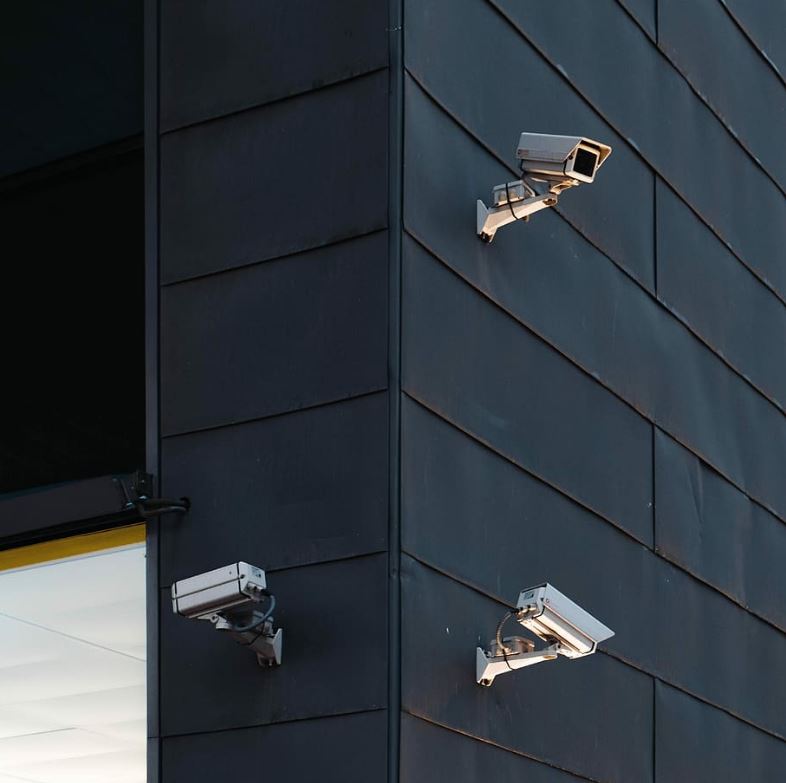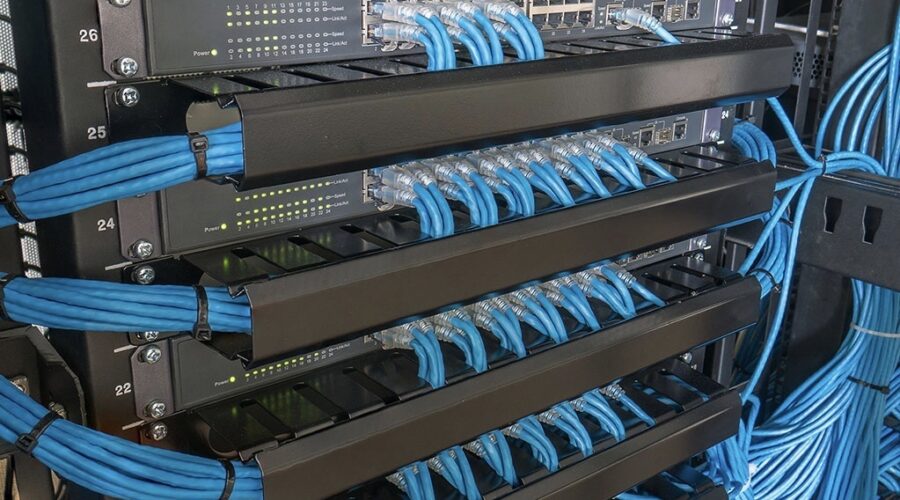Protect Your Property: Alarm System Installation on Madison Ave, NY
Introduction
Madison Avenue, New York, is a vibrant hub renowned for its upscale retail stores, luxurious apartments, and dynamic office spaces. Given the diverse mix of commercial and residential properties, ensuring premier security is paramount. At NYC IT Tech, we understand that safeguarding these properties is crucial. One of the most effective ways to enhance security is through the installation of a robust alarm system. This comprehensive guide will walk you through the importance, types, installation process, and common FAQs about alarm system installation on Madison Avenue, helping you make informed decisions to protect your property.
Benefits of Installing an Alarm System
- Enhanced Security: Protects against intrusions and unauthorized access.
- Deterrence of Crime: Visible alarm systems discourage potential burglars.
- 24/7 Monitoring: Provides constant surveillance and rapid response to emergencies.
- Insurance Benefits: Can lower insurance premiums due to reduced risk.
- Peace of Mind: Ensures safety for occupants and property owners.
Types of Alarm Systems
- Burglar Alarms: Detect unauthorized entry through doors and windows.
- Fire Alarms: Alert occupants to the presence of smoke or fire.
- Carbon Monoxide Alarms: Detect dangerous levels of carbon monoxide gas.
- Smart Alarms: Integrate with home automation systems for remote monitoring and control.
- Panic Alarms: Provide immediate alert in case of emergency situations.
Alarm System Installation Process
Step 1: Assessment and Planning
- Site Survey: A professional assesses the property to identify vulnerable areas.
- System Design: Based on the survey, a customized alarm system plan is created.
Step 2: Choosing the Right System
- Select Components: Choose sensors, control panels, cameras, and other components.
- Compatibility: Ensure the system integrates with existing security measures.
Step 3: Installation
- Wiring and Setup: Professional technicians install wiring and devices.
- Placement of Sensors: Install sensors at strategic points for optimal coverage.
- Control Panel Configuration: Set up the control panel for user access and monitoring.
Step 4: Testing and Calibration
- System Testing: Thoroughly test the system to ensure all components work correctly.
- User Training: Educate property owners on how to use and manage the system.
Step 5: Maintenance and Monitoring
- Regular Maintenance: Schedule periodic checks and maintenance to keep the system functional.
- 24/7 Monitoring Service: Consider subscribing to a professional monitoring services for continuous protection.
Frequently Asked Questions (FAQs)
Why is it essential to install an alarm system on Madison Avenue?
Madison Avenue is a high-traffic area with significant commercial and residential properties. An alarm system enhances security, deters crime, and provides peace of mind for property owners and occupants.
What type of alarm system is best for my property?
The best alarm system depends on your specific needs. A comprehensive assessment by a security professional can help determine whether a burglar, fire, carbon monoxide, or smart alarm system is most suitable.
Can I integrate a new alarm system with my existing security setup?
Yes, many modern alarm systems are designed to integrate seamlessly with existing security measures, including surveillance cameras and access control systems.
How much does it cost to install an alarm system on Madison Avenue?
The cost varies based on the complexity of the system, the size of the property, and specific requirements. It’s advisable to get quotes from several reputable security companies.
How Often Should I Test My Alarm system?
Regular testing, at least once a month, is recommended to ensure all components are functioning correctly. Professional maintenance should be scheduled annually.
What Happens If The Alarm Is Triggered?
If the alarm is triggered, the system will alert the monitoring center, which will then contact the property owner and dispatch emergency services if necessary.
Is Professional Monitoring Necessary?
While not mandatory, professional monitoring provides an added layer of security with 24/7 surveillance and immediate response to any alerts, ensuring comprehensive protection.
Conclusion
Installing an alarm system on Madison Avenue, New York, is a crucial step in safeguarding property and ensuring the safety of occupants. With various types of systems available, tailored installation processes, and the benefits of professional monitoring, property owners can achieve peace of mind and enhanced security. Whether it’s a commercial space or a residential property, a well-installed alarm system is a sound investment in safety and security.
For more information or to schedule an assessment, contact a reputable alarm system provider in Madison Avenue today.





Recent Comments